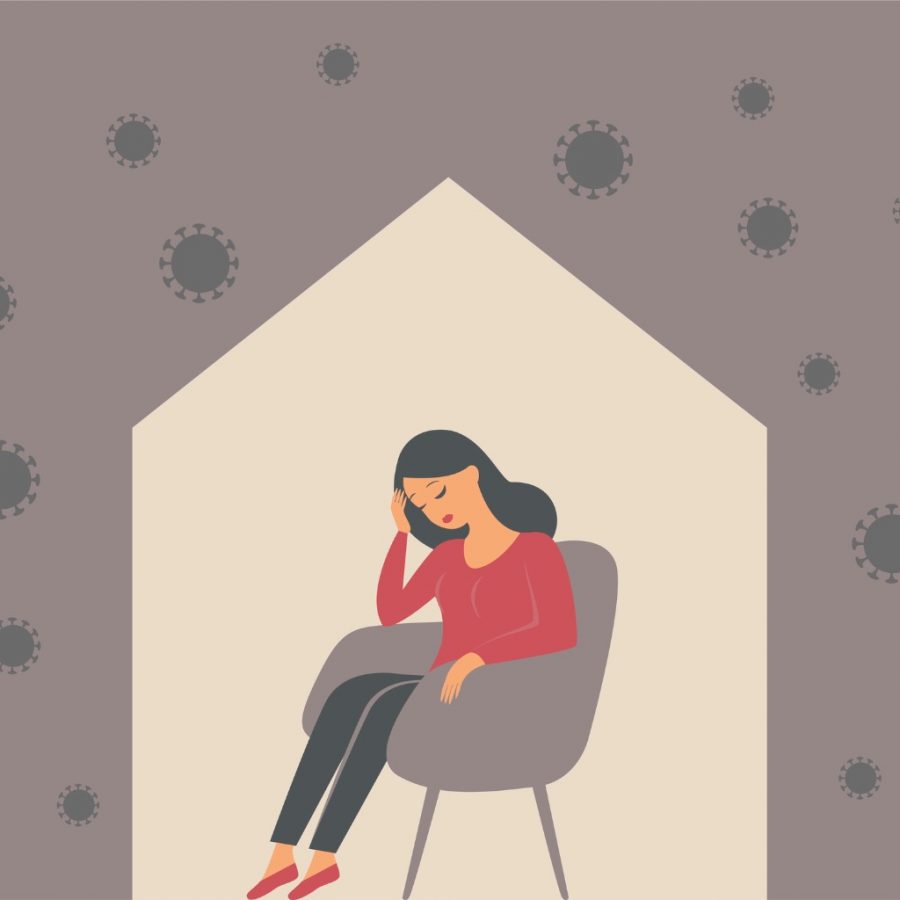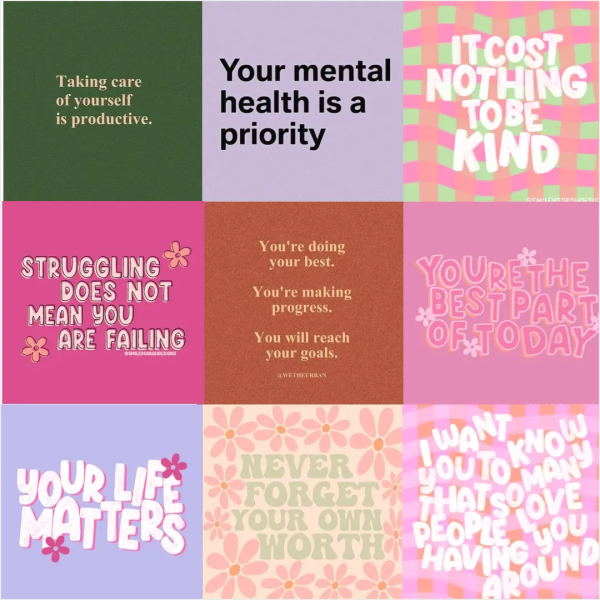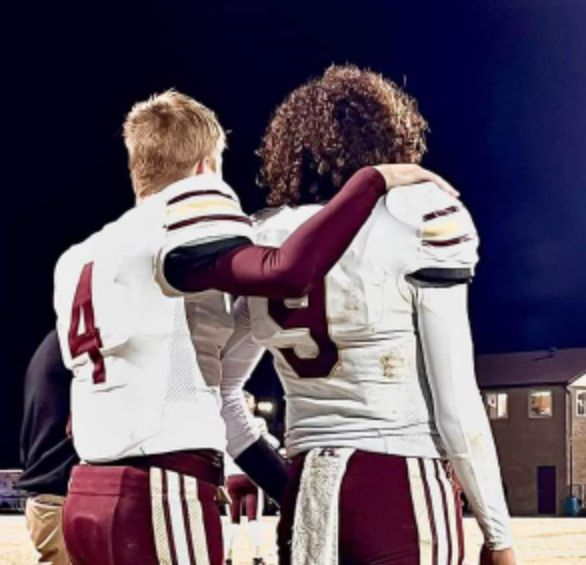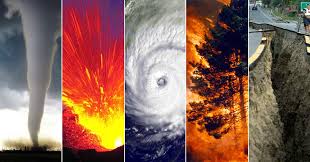“It’s Okay to Not Be Okay”
September 11, 2020
Mental health during this COVID -19 pandemic has been a struggle for everyone experiencing it, especially students. Lots of students forced to take classes online only, in isolation from friends and teachers, are now developing mental health issues such as depression and anxiety. Some students who were great straight-A students before this pandemic are now in the B’s and C’s, or worse. In people with preexisting mental health problems, this pandemic has worsened them by far and has “skyrocketed.”
And it’s not only students who are affected–teachers are struggling, too, as well as parents and guardians. A large study done by Educational School Solutions, “ the country’s leading provider of school-based mental health services for K-12 school districts,” shows that 83% of educators are having substantial problems with anxiety and depression, and there are probably more who did not want to report. Unfortunately, many people are hesitant to be open about their mental health struggles, which makes it harder on them and is something that needs to change.
According to the CDC, “[s]ymptoms of anxiety disorder and depressive disorder increased considerably in the United States during April–June of 2020, compared with the same period in 2019.” I’ve spoken with several students currently dealing with the same. One of my best friends who has always been okay with school now has severe anxiety, so much so that he sometimes has panic attacks. Prone to anxiety before the pandemic but always a good student, I have experienced problems with motivation and focus as well as sadness. Ashley Hall, a counselor of five years at BCMS, says my friend and I aren’t the only ones. She states, “I am definitely seeing an increase with some mental health issues in teens and adults. Students were more anxious when the hybrid learning started. They had been out of ‘in-person’ school since March, there was a lot of anxiety around coming back in general. Then you add the pandemic, which just intensified this for many.” Many students, including myself, are worried about the virus itself, not just the outcomes of being home. On the other side of things, many students lack motivation and healthy ways to cope with being isolated. But what can we do? Counselor Hall says that “as for depression, it goes back to teens needing help with identifying emotions and expressing emotions in a healthy way,” says, Hall. You are not alone in this. Ms. Hall advises students struggling to get help. She says, “ it’s okay to not be okay.” She wants students to remember that there are resources available to them at school. Reach out to counselors and know it’s confidential. They can be reached by the main school phone or by email. At the high school, there are counselor Alex Hinckley ([email protected]) and psychologist Carolyn Hendricks ([email protected]). At the middle school, counselor Hall’s email address is [email protected].
Teachers, staff, and other adults can also get help at places like Kentucky Mental Health, which accepts Medicaid and “also . . . select commercial insurance & private pay.” For those without insurance, there are places such as Carolina Outreach: “If you or someone you know is struggling with the impact of the pandemic, ncgCARE is now offering FREE virtual support. We’re providing 30-minute sessions for anyone needing extra support, or dealing with feelings of stress, isolation, anxiety and depression.”
Just try to remember if you are out there struggling, you are not the only one, and there are people that love you and care about you to support you.










